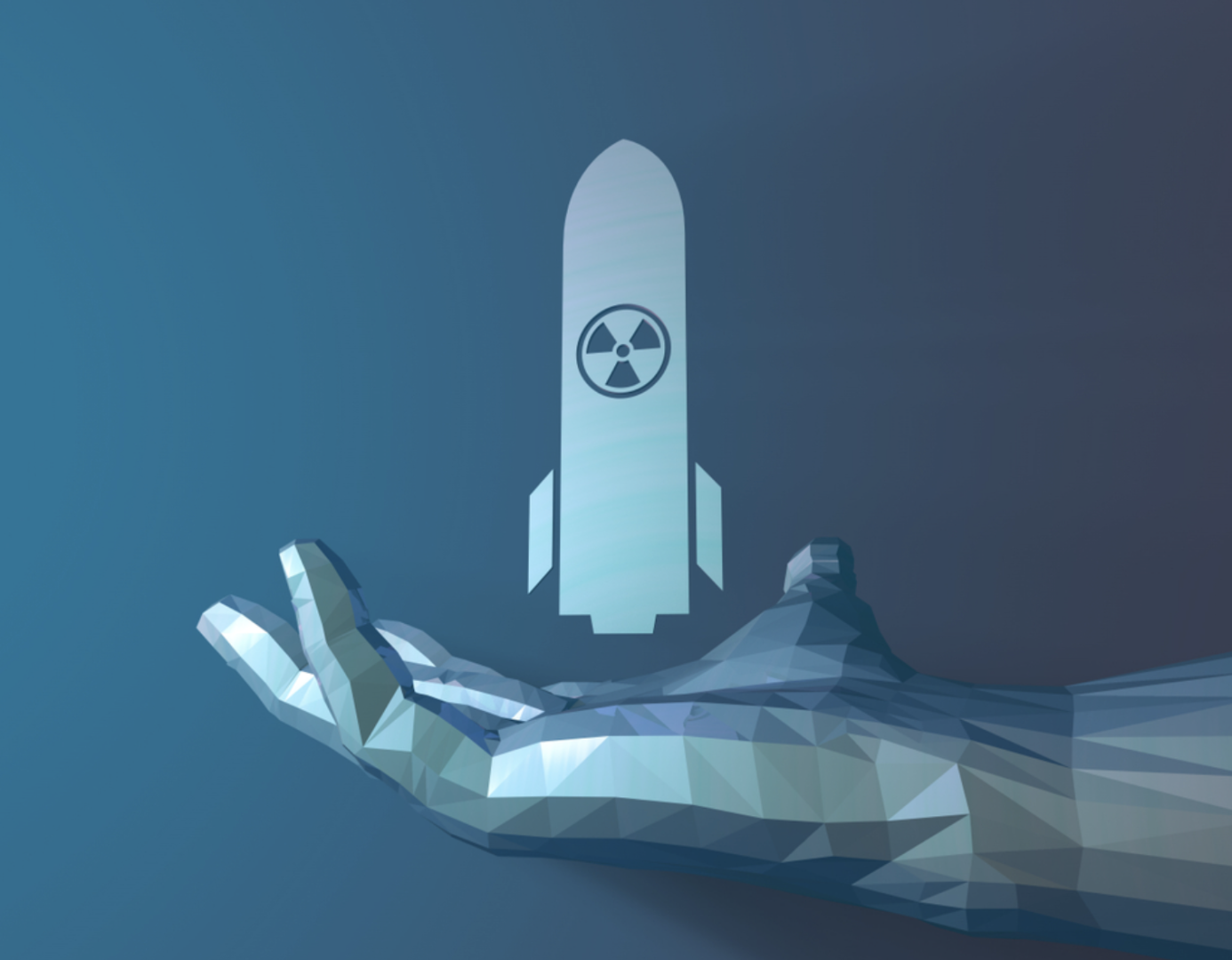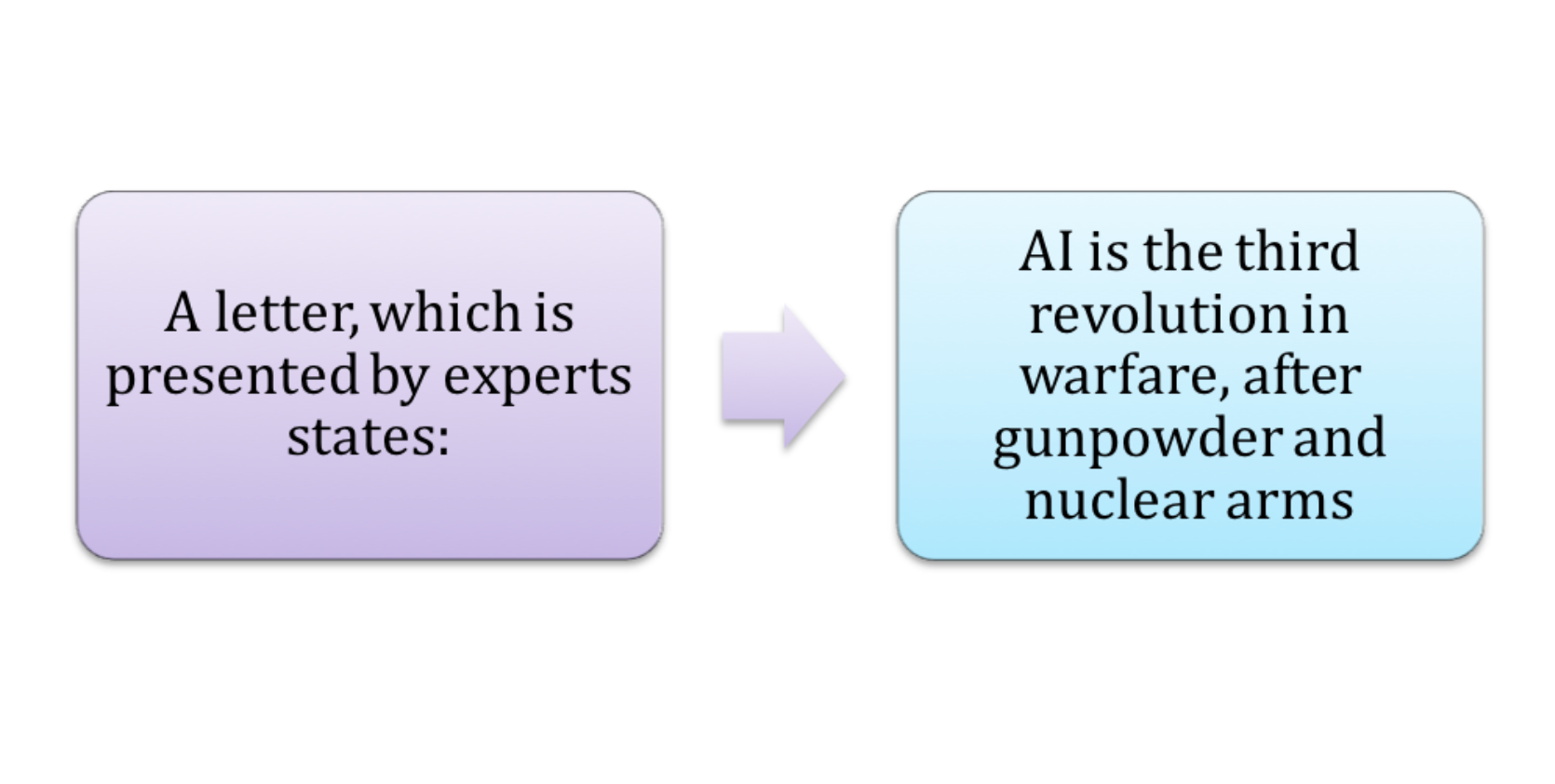Comments
- No comments found

Artificial intelligence (AI) is transforming the world in profound ways, from healthcare and finance to national security and defense.
As AI becomes more advanced, there are growing concerns that it could fuel a nuclear arms race. There are already several examples of AI being used in nuclear weapons development. For example, the United States Department of Defense has invested in AI technologies to improve its nuclear capabilities. One project, called the Strategic Automated Command and Control System, is designed to provide faster and more accurate decision-making in the event of a nuclear crisis.
In addition, Russia and China have both made significant investments in AI for military use, including in the context of nuclear weapons development. Russia, for example, has developed an AI-powered torpedo that can evade detection and deliver a nuclear warhead to its target.
In this article, we will explore the potential benefits and risks of AI in nuclear weapons development and the impact it could have on global security.
While there are significant risks associated with AI in nuclear weapons development, there are also potential benefits to consider. For example, AI could improve the accuracy and precision of nuclear weapons, making them less destructive and more targeted. This could reduce collateral damage and increase the effectiveness of nuclear weapons in certain contexts.
In addition, AI could make it easier to verify arms control agreements and monitor compliance. AI systems could be used to monitor nuclear weapons sites and detect any attempts to cheat on arms control agreements. This could increase transparency and confidence in the global nuclear order, reducing the risk of misunderstandings and miscalculations.
Finally, AI could improve crisis stability and reduce the risk of nuclear war. By enabling more accurate and timely decision-making, AI systems could reduce the risk of unintended escalation and help to manage crises more effectively. This could reduce the likelihood of nuclear war and promote stability and security on a global scale.

AI has the potential to revolutionize nuclear weapons development, making it faster, cheaper, and more efficient. However, there are significant risks associated with AI in this context, particularly when it comes to arms races and nuclear proliferation.
One of the biggest risks of AI in nuclear weapons development is that it could lead to a new arms race. As countries develop more advanced AI technologies for military use, they may feel the need to compete with one another in order to maintain their strategic advantage. This could lead to an escalation of tensions and ultimately result in a new arms race, similar to the one that occurred during the Cold War.
Another risk of AI in nuclear weapons development is that it could increase the likelihood of accidental or unintentional use. AI systems are not infallible, and there is always the risk of errors or malfunctions. If these errors or malfunctions occur in the context of nuclear weapons development, they could lead to unintended consequences, including the accidental launch of a nuclear weapon.
AI could make it easier for non-state actors to develop nuclear weapons. As AI becomes more advanced, it could become easier for non-state actors to access the technology and resources necessary to develop their own nuclear weapons. This could pose a significant threat to global security, as non-state actors may not have the same level of accountability or transparency as nation-states.
The potential impact of AI on global security is complex and multifaceted. On the one hand, AI could help to promote stability and reduce the risk of nuclear war by improving crisis management and arms control verification. On the other hand, it could fuel an arms race and increase the risk of accidental or unintended use.
One of the biggest challenges in managing the impact of AI on global security is the need for international cooperation and dialogue. In order to ensure that AI is used responsibly in the context of nuclear weapons development, there needs to be greater transparency and accountability among nation-states. This could include agreements to limit the development and deployment of AI in nuclear weapons systems, as well as increased communication and collaboration between countries to reduce the risk of misunderstandings and miscalculations.
In addition, there needs to be greater public awareness and engagement on the risks and benefits of AI in nuclear weapons development. The use of AI in this context has significant implications for global security and the future of the nuclear order. It is important that policymakers, experts, and the general public engage in informed discussions about these issues and work together to develop responsible policies and frameworks for the use of AI in nuclear weapons development.
AI has the potential to revolutionize the way we think about nuclear weapons development and global security. While there are significant risks associated with the use of AI in this context, there are also potential benefits that should not be overlooked. In order to manage the impact of AI on global security, there needs to be greater international cooperation and dialogue, as well as greater public awareness and engagement on these issues. Ultimately, the responsible use of AI in nuclear weapons development will require careful consideration and thoughtful policy-making, with a focus on promoting stability, reducing risks, and ensuring the safety and security of all nations.
Naveen is the Founder and CEO of Allerin, a software solutions provider that delivers innovative and agile solutions that enable to automate, inspire and impress. He is a seasoned professional with more than 20 years of experience, with extensive experience in customizing open source products for cost optimizations of large scale IT deployment. He is currently working on Internet of Things solutions with Big Data Analytics. Naveen completed his programming qualifications in various Indian institutes.
Leave your comments
Post comment as a guest